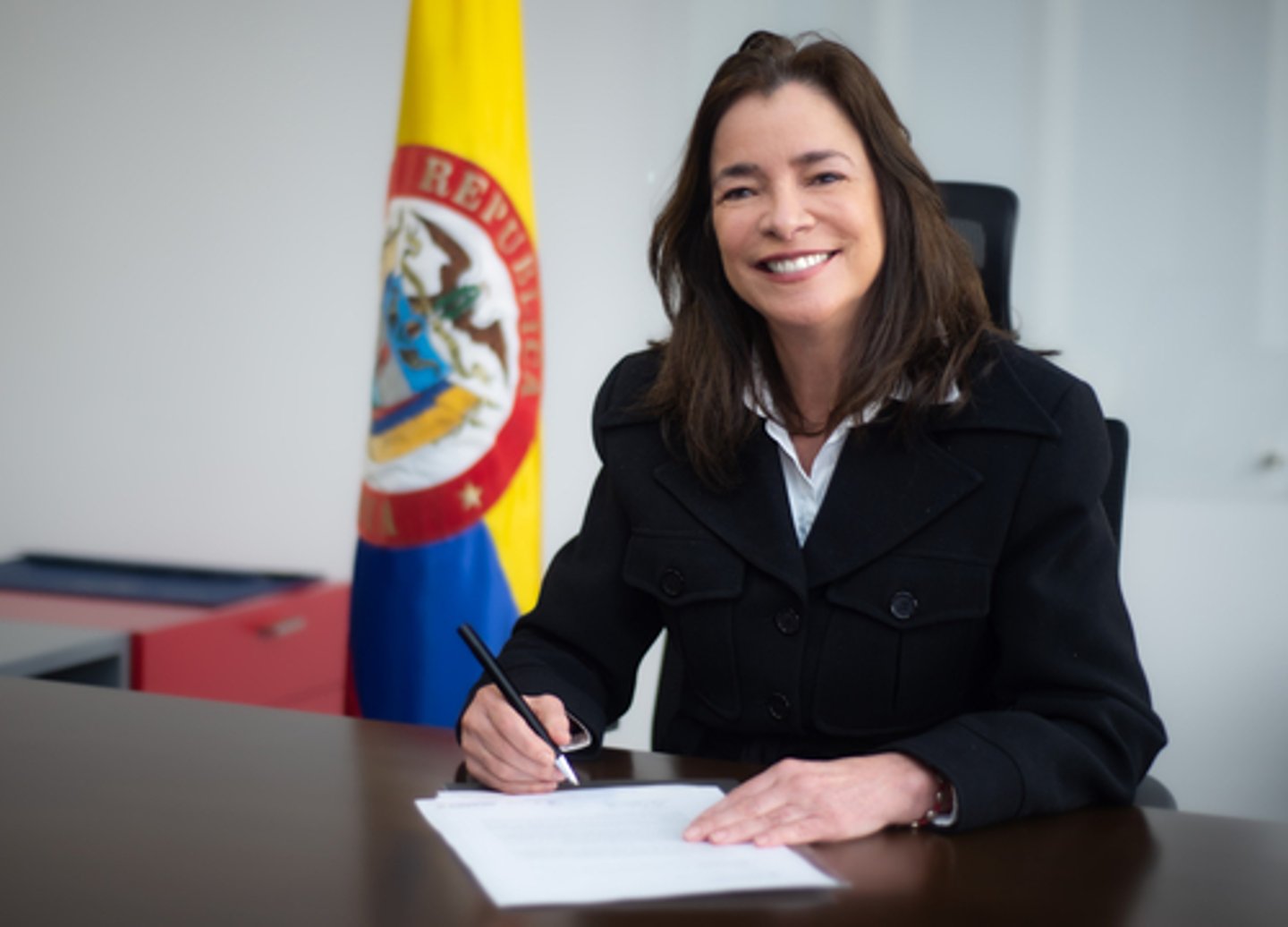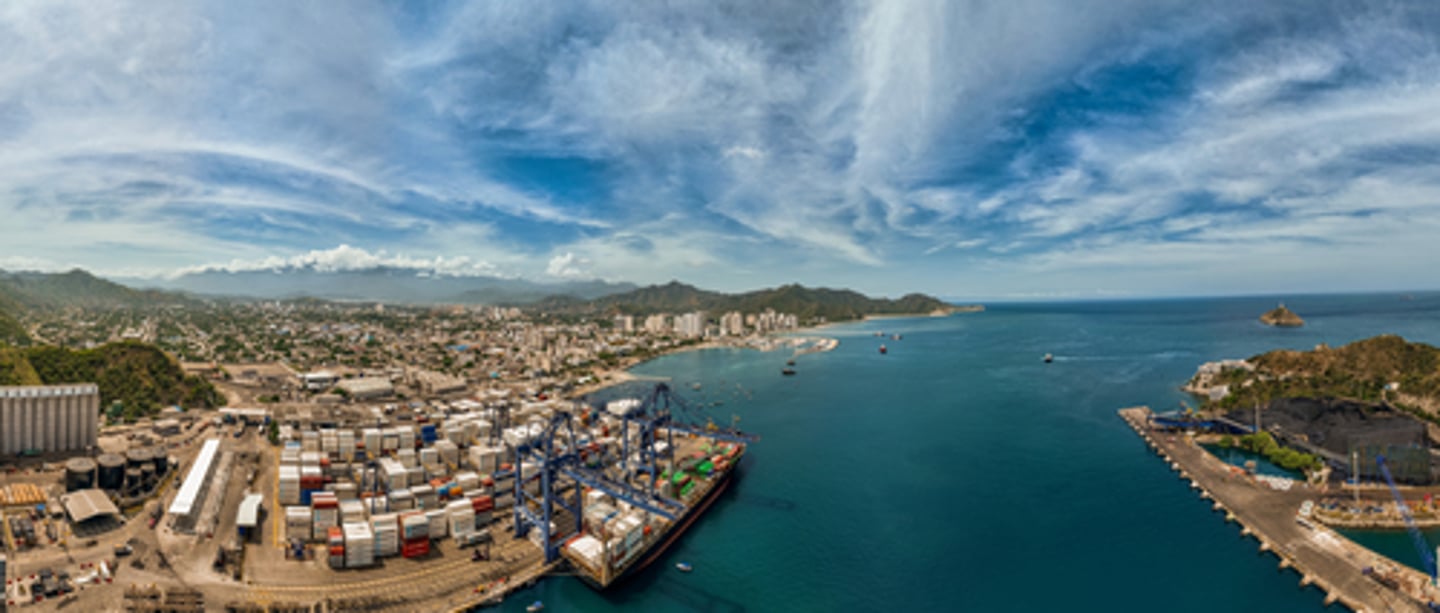Colombia Touts Diversity, Innovation For Those Seeking Private Label Growth
Retail buyers shopping the aisles of the PLMA 2023 Private Label Trade Show may notice this year’s event will have an enhanced international flavor.
According to PLMA, the Chicago event will feature more than 700 specialty food and nonfood exhibitors from nearly 60 countries in Europe, South America and Asia. Vendors from these countries will feature their products in more than 30 national pavilions on the show floor at the Donald E. Stephens Convention Center.
With the private label marketplace in the United States continuing to grow, so too do opportunities for international suppliers to find their way onto the shelves of leading retailers. In the first of three interviews with international trade groups, Store Brands spoke with Carmen Caballero, president of ProColombia. She shared insight on the unique products suppliers from Colombia offer and the opportunities to expand business in the U.S.
STORE BRANDS: How many companies from your country will be featured at this year’s PLMA Show in Chicago? How has the presence of companies from your country grown at the show in recent years?
CARMEN CABALLERO: Colombia offers added value in categories such as cosmetics and personal care, household cleaning products and packaging, to meet the needs of companies that want to market their private brands. The country’s participation (at the PLMA Show) has been key in recent years to publicize this wide range of quality in chemicals, life sciences, and agri-food offer that we have. This year, Colombia will have its own country booth and will feature seven agri-food companies (Pulpafruit; Postobón; Pasta El Dorado; Tres Castillos; Productos Vicky; Nutrium; and Mountain Food). These companies offer added-value products such as sodas, energy drinks; processed fruits, pulps, compotes and sweets; gluten-free pastas; snacks; pallets; baked goods; flours, and cocoa. It is worth noting that we are also bringing five non-food products companies (Berhlan, Laboratorios LPS; Unibol; Macrolab; and Olfabrand). Colombia is proud to say it has an outstanding offer in terms of home care, laundry care, oral care, skincare, fragrances, cleaning cosmetic solutions, and even paper products made from 100% recycled natural cellulose fiber.
STORE BRANDS: What are the opportunities within the U.S. private label sector that your organization sees for product suppliers from your country?
CABALLERO: Colombia is known for its rich agricultural diversity and innovative food processing industry, and it offers a wide variety of opportunities for U.S. private label brands. Colombian cocoa, for example, is renowned for its fine flavor and aroma profiles. There is a growing demand for single-origin chocolates in the U.S., and Colombian cocoa fits perfectly into this trend. Colombia has a thriving fruit processing industry as well, which caters to the increasing demand for natural, healthy options in the U.S. And these are just a couple of examples for the agri-business sector.
In addition, as mentioned before, Colombia also offers a high diversity of products for U.S. private label brands in other industries, such as cleaning products, skincare and personal care, paper packaging products, and oral care solutions. Colombian companies have several advantages that make them well-positioned to succeed in the U.S. private label sector. The main advantage is that Colombian companies have access to high-quality raw materials and high-quality natural ingredients, which can be used to produce innovative and sustainable products. Colombian companies also have a strong track record of producing high-quality products that meet international standards. Lastly, our country has an unparalleled geographic location in the Americas, so logistics and deliveries are faster and more effective.
STORE BRANDS: What types of products is your country best known for?
CABALLERO: I would have to start with our worldwide acclaimed coffee. As a matter of fact, Colombia is in the top three largest exporters of coffee in the world. We are also known for our high quality cocoa, as 98% of the beans exported from Colombia are of Fine Flavor cocoa. Colombia is also well known for having a production of mainly (more than 85% of the total production) non-GMO sugar. In terms of both fresh fruit and fruit pulps or juice concentrates, we have a valuable offer as our country’s location and geography gives us the opportunity to have more than 360 fruit varieties found across our territories. In fact, Colombia has been named by the United Nations Food and Agriculture Organization (FAO) as one of the seven tropical countries with the potential to become a world’s pantry. Non-food products are becoming increasingly popular among U.S. consumers, and Colombia is a country that can also match those needs. Colombian cosmetics, for example, are made with natural ingredients, and they are becoming increasingly popular among U.S. consumers. Colombian cosmetic companies are investing heavily in research and development to create new and innovative products that meet the needs of consumers around the world. Colombia is known for its cosmetic products due to a number of factors, including high-quality ingredients, affordable prices and traditional knowledge. There are also some cosmetic multinationals located in Colombia, making the country more known for producing these kinds of products in-house. Colombia is home to a wide variety of plant species that can be used to manufacture many goods.
STORE BRANDS: What are the advantages of doing business with companies from your country?
CABALLERO: The U.S. private label sector stands to gain numerous advantages by partnering with Colombian companies in the food and beverage manufacturing sector. There are several reasons why. In terms of logistical efficiency, Colombia’s well-connected ports offer low lead times for shipping products to the U.S, with 19 direct routes from Colombia to key U.S. cities such as Philadelphia, New York, Los Angeles, Houston, and Miami. The convenient transit times, averaging around nine days and as short as four days, ensure that products reach the U.S. market swiftly. We also enjoy year-round agricultural production. Colombia’s equatorial location allows a steady supply of fresh fruit and other agricultural commodities such as sugar throughout the year, providing a reliable source for U.S. private label brands. In the same way, Colombian food and beverage companies maintain high quality standards, with a significant number of them being GFSI certified. This ensures that the products meet international safety and quality benchmarks, instilling confidence in US private label brands. The good thing is that despite the high quality of Colombian products, the manufacturing prices remain competitive. This cost-effectiveness can translate into better profit margins for U.S. private label brands.
STORE BRANDS: Have there been any enhancements/changes made recently within your country to supply chain, business or other factors that make it easier to do business with companies in your country?
CABALLERO: The evolution of Colombia’s business environment has made it increasingly attractive for U.S. companies, especially within the food and beverage manufacturing private label sector. For example, Colombia presents a viable alternative, with the U.S. looking to diversify its supply chain. The country’s strategic location and diverse agricultural offerings across multiple regions make it an attractive option. In terms of digital transformation, Colombia has been embracing it, which is driving increases in investment, particularly in the transport and logistics sectors, which boosts the efficiency and reliability of the supply chain and makes it easier for U.S. companies to source products from Colombia. Colombia has been working to encourage productivity across the territories, diversify its economy to strengthen our communities’ social and economic development, and consolidate a more comprehensive offer of added-value goods.





